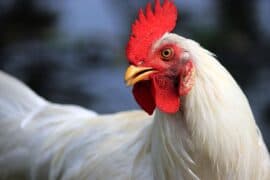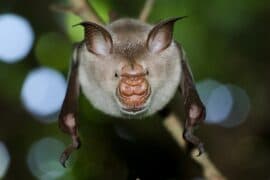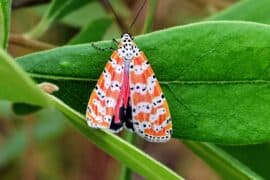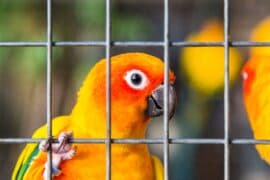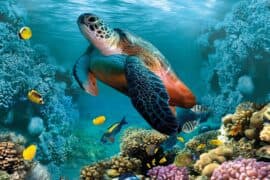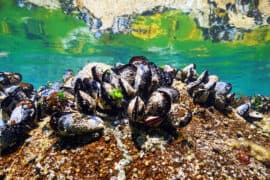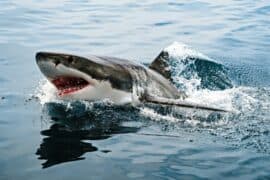Honduran spinytailed iguana
(Ctenosaura melanosterna)
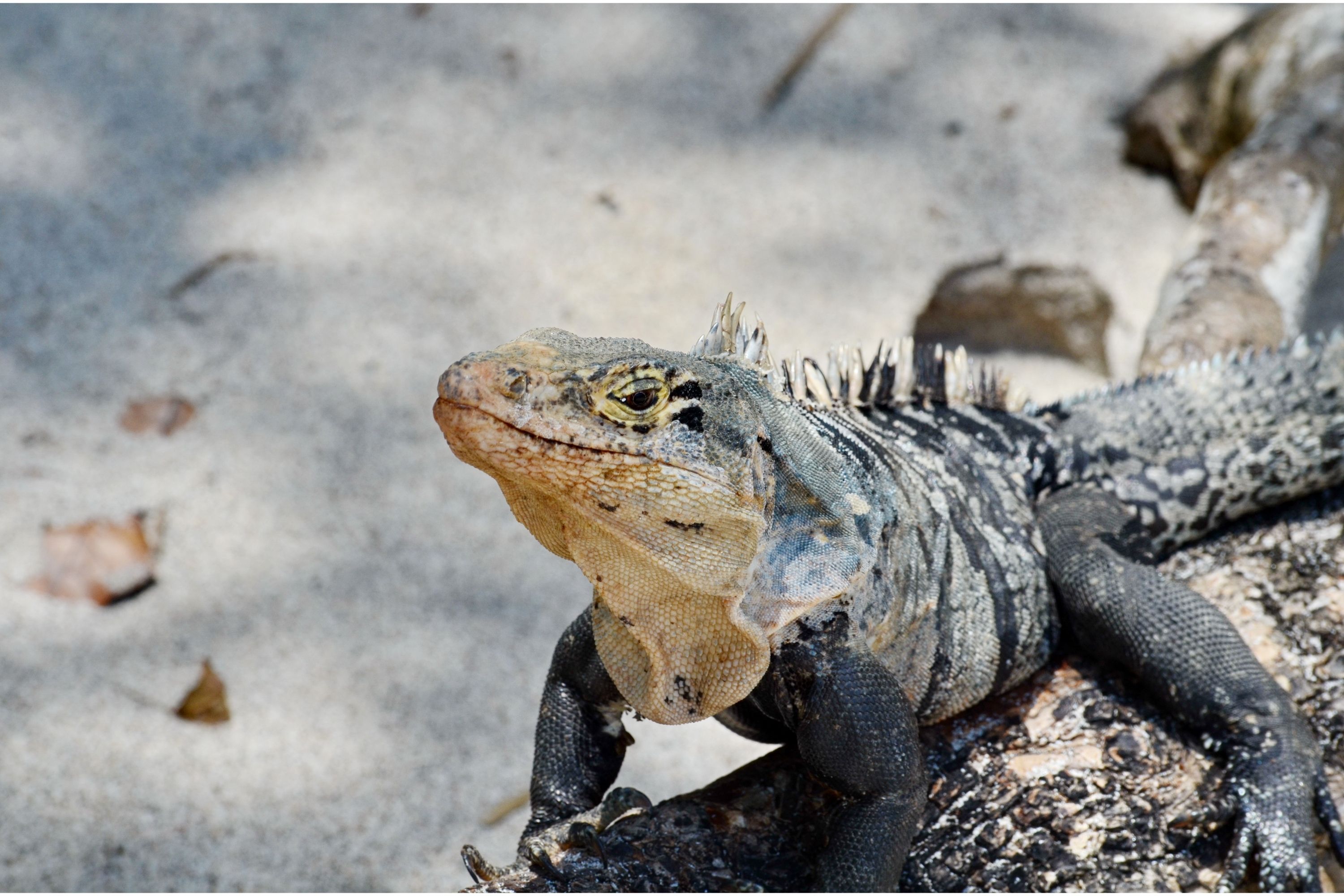
Description
Ctenosaura melanosterna, commonly known as the black-chested spiny-tailed iguana or Honduran spinytailed iguana, is a species of lizard in the family Iguanidae. It is endemic to Honduras, in both the mainland and two of the Cayos Cochinos islands off its Caribbean coast. Its natural habitat is subtropical or tropical dry forests. Ctenosaura melanosterna is mainly endangered by human activities, as humans poach these iguanas and their eggs for consumption (Montgomery et al. 2014). The Green iguana is also much more numerous throughout Central America, making it a competitor for food and resources. Ctenosaura is a lizard genus commonly known as spinytail iguanas or ctenosaurs. The genus is part of the large lizard family, Iguanidae and is native to Mexico and Central America. The name is derived from two Greek words: ctenos (κτενός), meaning "comb" (referring to the comblike spines on the lizard's back and tail), and saura (σαύρα), meaning "lizard". The species range in size (total length, including the tail) from about 12.5 centimetres (4.9 in) to well over 1 metre (39 in). The distinctive feature of this genus is the presence of enlarged, spiny scales on the tail. Ctenosaurs are generally omnivorous, feeding on fruits, flowers, foliage, and small animals. While studying physiological correlates of locomotion in lizards, a "burst speed" of 34.6 km/h (21.5 miles/h) was recorded by a black spiny-tail iguana (Ctenosaura similis), which is the highest speed reported for a lizard.
Taxonomic tree:

